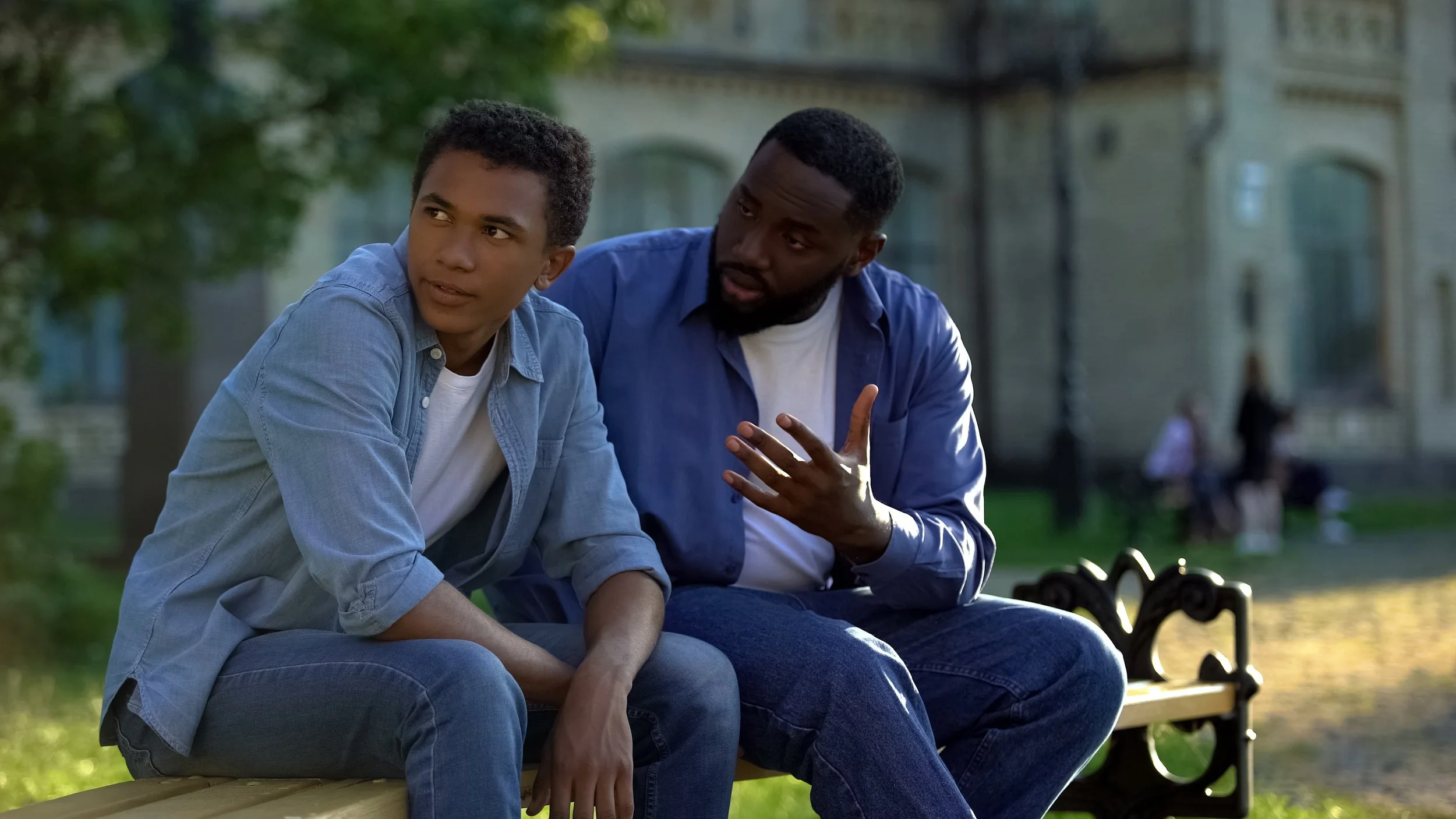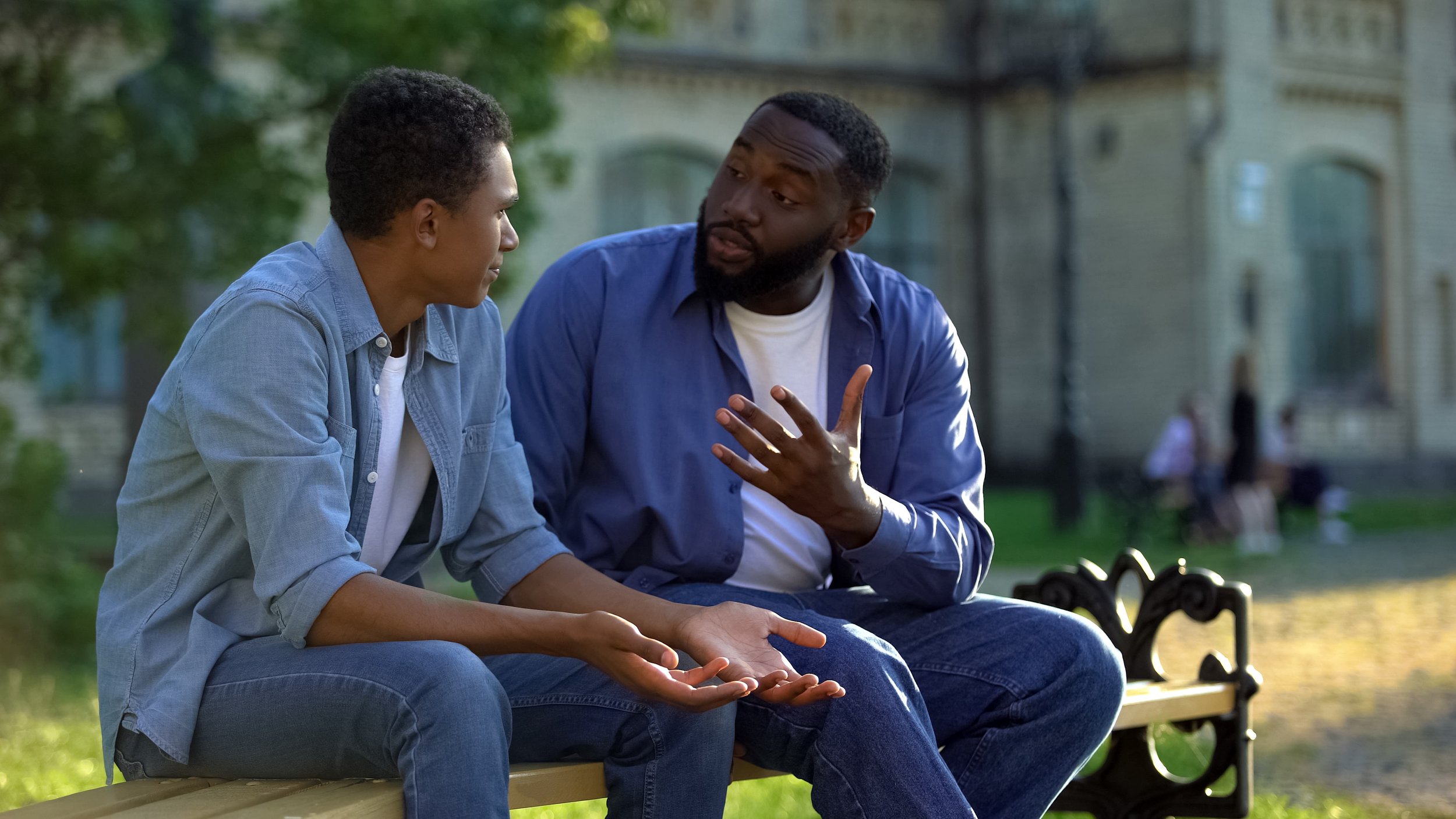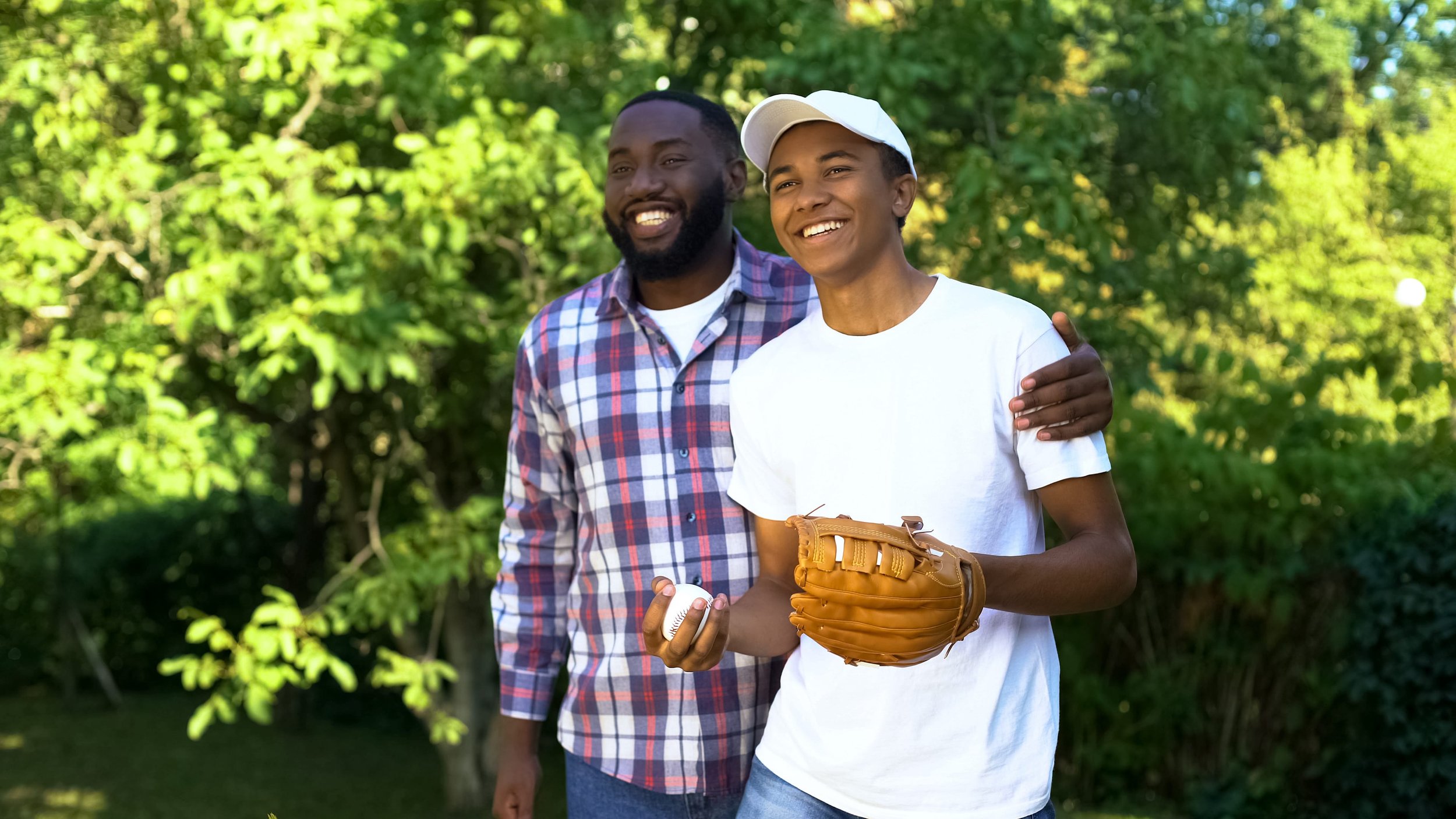
Restorative Justice
Accountability, Redress, Recognition of Shared Interests, Shared Investment in Solutions
-
Restorative Justice brings those harmed by crime or conflict and those responsible for the harm into communication, enabling everyone affected by a particular incident to play a part in repairing the harm and finding a positive way forward. This is part of a wider field called restorative practice.
-
Restorative practice can be used anywhere to prevent conflict, build relationships, and repair harm by enabling people to communicate effectively and positively. Restorative practice is increasingly being used in schools, children’s services, workplaces, hospitals, communities, and the criminal justice system.
There are three core ideas of restorative justice:
Repair
Crime causes harm and justice requires repairing that harm.
Encounter
To repair the harm, the offender accepts responsibility and the victims explain how they want the harm repaired.
Transformation
This can cause fundamental changes in people, relationships and their communities.
Restorative practice can involve both a proactive approach to preventing harm and conflict and activities that repair harm where conflicts have already arisen.

In Maryland, Community Conferencing has been used as a restorative justice approach in community conflict, including conflicts resulting from acts of juvenile delinquency.
In these programs, a community conference is convened by agreement of the victims and offenders and organized by a trained facilitator. As part of the community conference process, the youth must acknowledge and accept their responsibility for the harm they created, hear from the victims, understand their loss and how they harmed the victims, together come up with remedies so that the victims are restored, and talk about how to avoid the harm and conflict going forward. Studies have shown that this approach can be much more effective than the traditional court process in terms of reducing recidivism and having restitution paid to victims.




